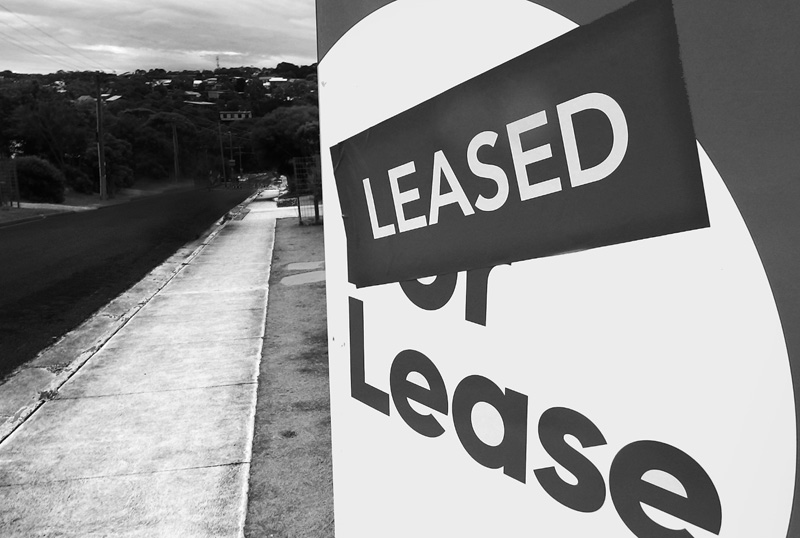While the arrival of the pandemic impacted our lives in just about every way, how has it influenced Australia’s property market in the short and long term?
Although the COVID-19 related housing boom may have peaked in most parts of Australia, it doesn’t mean that some of the more noteworthy shifts caused by the pandemic over the past two years will face a similar downturn.
Along with a shift to remote workplace agreements and refraining from shaking hands, the pandemic is likely to have a lasting effect on the Australian property market for some time. Two years on, and it’s undeniable that COVID-19 has arguably been the root cause of many of the significant shifts linked to how we approach real estate in the Land Down Under.
Six Ways The Pandemic Shaped The Property Market
Considering the change in spending habits, shortage of building materials and just about everyone in the nation reevaluating the quality of their lifestyle, there’s simply not enough supply to meet the demand when it comes to our national property market. With rising interest rates waiting for us all in the not so distant future, this shift is set to once more trigger a change in the overall health of Australian real estate.
However, it’s going to take quite some time for the lingering effects of COVID-19 on the property market to simmer down. If we take a retrospective approach, it’s no secret that these shifts have been unpredictable, and very much unprecedented – so how did the pandemic change our national approach property?
Record House Prices – In 2021, capital city buyers across the nation forked out an average of $1,066,133 to buy a house, representing a record breaking annual increase of 25.2%. National home values did decline by 2.1% for the first three months of the pandemic, before soaring amid low interest rates, government grants and a sharp reduction in the supply of housing.
First Home Buyers Dominated – With little to no travel opportunities on the cards and a change in spending habits, the last two years saw a flurry of activity for first home buyers on the Australian property market. In addition, their numbers soared thanks to the introduction of the HomeBuilder scheme, often used in conjunction with the First Home Loan Deposit Scheme.
A Tight Rental Market – Across Australia, median advertised rents since March 2020 have increased $30 per week to $470 per week, or to the record high of 11.8% growth. Alongside property shortages and pressures linked to short term accommodation options like Airbnb, rents may have increased due to investors paying higher purchasing prices.
Debt Levels Skyrocket – With the RBA setting the cash rate target at 0.1% since November 2020, lower debt costs enabled borrowers to access more credit. While this enabled buyers to purchase properties at a higher premium, it also means that the debt levels of Australian households are higher than desired, with rising interest rates set to add more pressure.
House And Unit Price Gap – While houses have generally always been more expensive to purchase when compared to a unit or apartment, buyers demanding more space from their homes have only exacerbated this. In fact, the figures show the median house value across Australia is at a record high of 29.8% above the median Australian unit value.
The Regional Boom – Ongoing and arduous lockdowns in the Melbourne and Sydney regions saw a mass exodus out of the cities and into the country, with the regional property marketing soaring as a result. In both the sales and rental market, there are now shortages right across regional Australia, with value gains sitting at almost 40% since March 2020.
With international travel now back in action, increases to the cost of living and a rise to interest rates set to be rolled out in the not so distant future, it would seem that COVID-19 is not quite done yet when it comes to influencing the state of the Australian property market. As to what these next set of changes will look like, it would seem that we’ll all just have to wait and see.
Should you be looking to sell your home or purchase a new one, enlisting the services of a free property advisor like ESPA can often be a game changer. As an example, your advisor would likely research the property, local agents, check the zoning, evaluate market conditions, and communicate clearly with you regarding all of your options – but where do you find one?
Take The Stress Out Of Selling Property
As a completely free service, Emergency Services Property Advisors provide property advisor services to Police, Fire, Ambulance and S.E.S personnel and their families right across Victoria.
Luke and the team at ESPA are passionate about providing support to some of Australia’s most valued public servants. Along with key industry insights, ESPA also works with a broad range of service providers linked to the real estate industry such as conveyancers, trades, legal practitioners and mortgage brokers.
If you are an emergency services worker looking to potentially buy or sell property in the future, please get in touch with Emergency Services Property Advisors today to discuss how we can turn your real estate dreams into reality, or call Luke directly on 0414 757 705.

